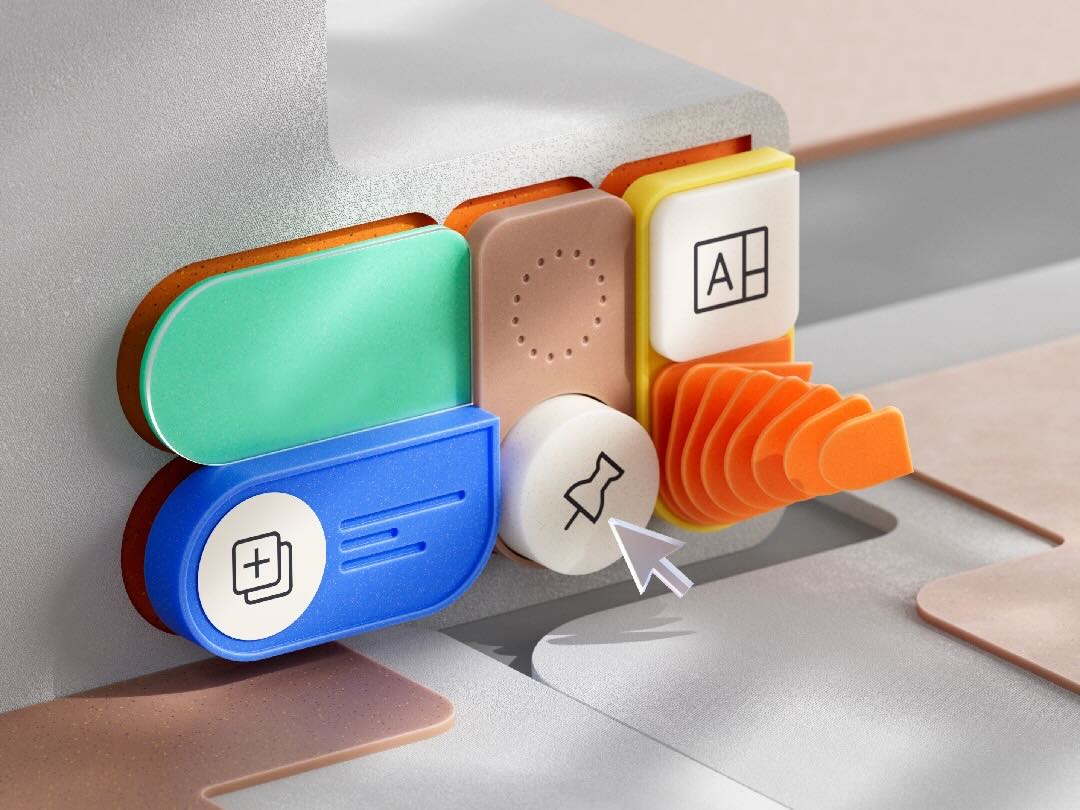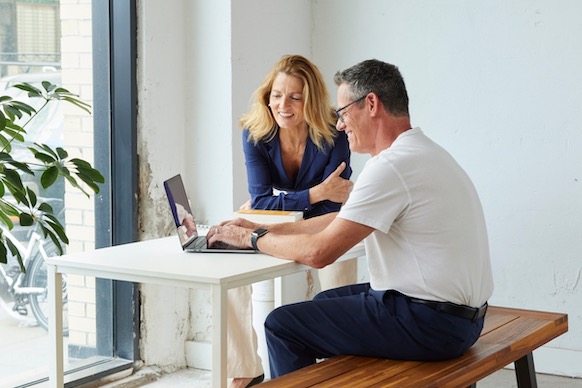Wix Portfolio: How to Write Good Alt Text
3 min
In this article
- Adding alt text to your images
- How to write good alt text
- Define your image and business goals
- Add relevant keywords
- Describe your images accurately
- Keep your descriptions short
Alt text describes the image on a page and displays in place of an image if it fails to load. It can be read aloud by screen readers used by those who are visually impaired. It is also indexed by search engine bots to better understand the content of your page.
Writing SEO-friendly alt text for your images is one of the most important steps you can take with your portfolio. Your images will stand a greater chance of appearing in image search results, which means more traffic to your site and a higher SEO boost.
You can add alt text to your images either manually or with the help of AI.
Adding alt text to your images
Add alt text manually or with the help of AI to each of your project's images for better accessibility and SEO ranking.
To add alt text to your portfolio images:
- Go to Portfolio in your site's dashboard.
- Hover over the relevant project and click Edit.
- Click Add alt text to images under SEO & Social.
- Choose what you want to do:
- Write your own alt text:
- Enter your alt text for each image.
- Click Apply Alt Text.
- Generate alt text with AI:
- Click Generate missing alt text
- Click Apply Alt Text.
- Write your own alt text:

How to write good alt text
Adding a short description to your project's image can help improve SEO ranking and accessibility.
Define your image and business goals
Depending on whether you’re a photographer, an architect or a web designer, your image goals will be different. Let’s take a look at the image below, for example.

Let’s say you’re a bridge engineer. In this case, the bridge is the central focus of your image and so it should be mentioned in your alt text. So, instead of writing a generic description like “An image of a bridge in the city” or including details about the "moody sky", you might write something like “A photograph of a modern, pedestrian bridge with a reinforced steel and glass shelter.”
Add relevant keywords
Keywords are the phrases that your potential clients will type into Google when looking for you or a business like yours. Keywords are linked tightly to your goals. If you want your images to show up as a result for certain keywords, it’s good practice to insert them into your alt text.
If you are a photographer, for example, your keywords will likely include: the type of photography you specialize in (e.g. pet photography), your name (e.g. photo by John Doe), or a combination of the two (e.g. photo by animal photographer John Doe).
A good tip is to put yourself in the searcher’s shoes and do some keyword research to find what it is that people search for when looking for images or services like yours.
Describe your images accurately
Explaining your images in the most accurate way possible will help search engines better understand what’s going on with them.
It is also best practice to write commonly used words in your alt text. Anything too complex is less likely to be used by searchers. A great trick is to try and describe the image as if you were talking to a friend who cannot see it. This will help you write more precise alt text for your images.
Keep your descriptions short
Your alt text shouldn’t be endless. The recommendation is to write a maximum of 125 characters, otherwise your alt text may not be read completely by search engines.
Stay away from long image descriptions like this one: “Belgian homemade waffles covered in blueberries and rainbow-colored sprinkles on pink plates with pretty napkins and a cup of tea with milk and a teapot all laid on hexagon white tiles.”


